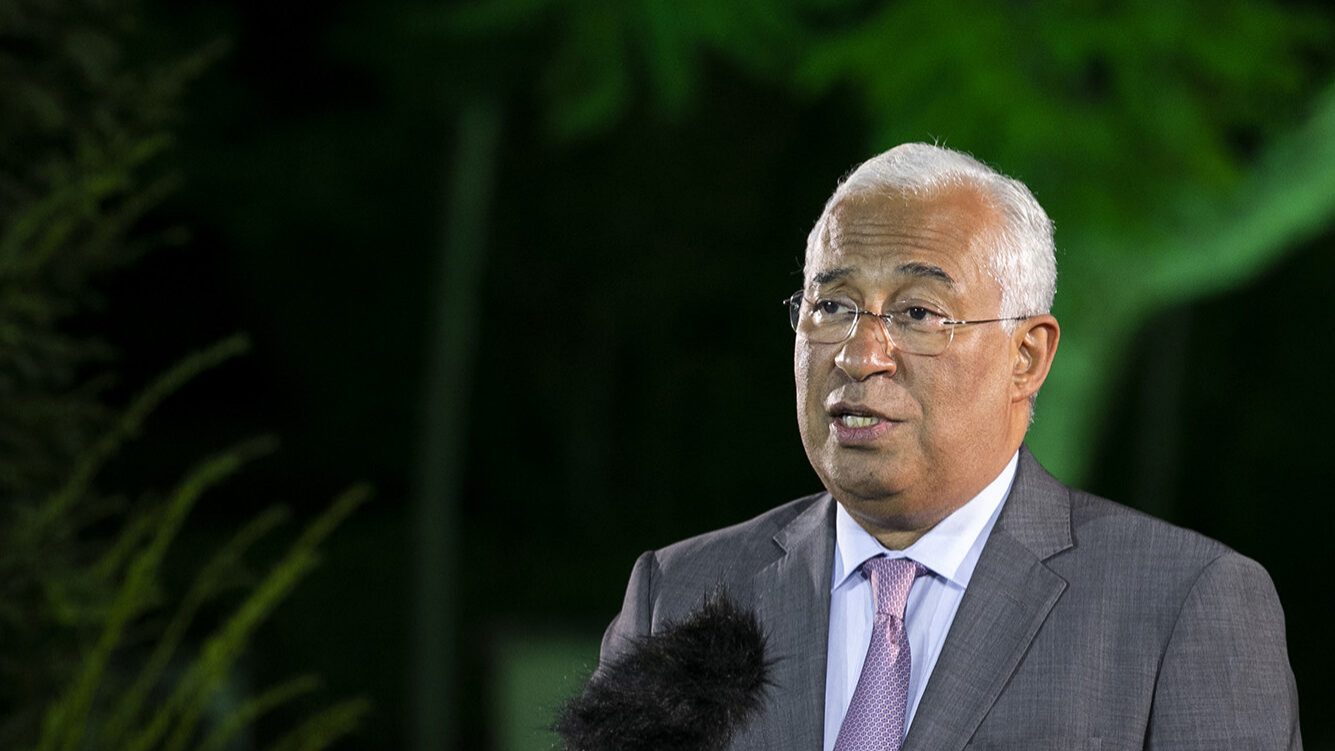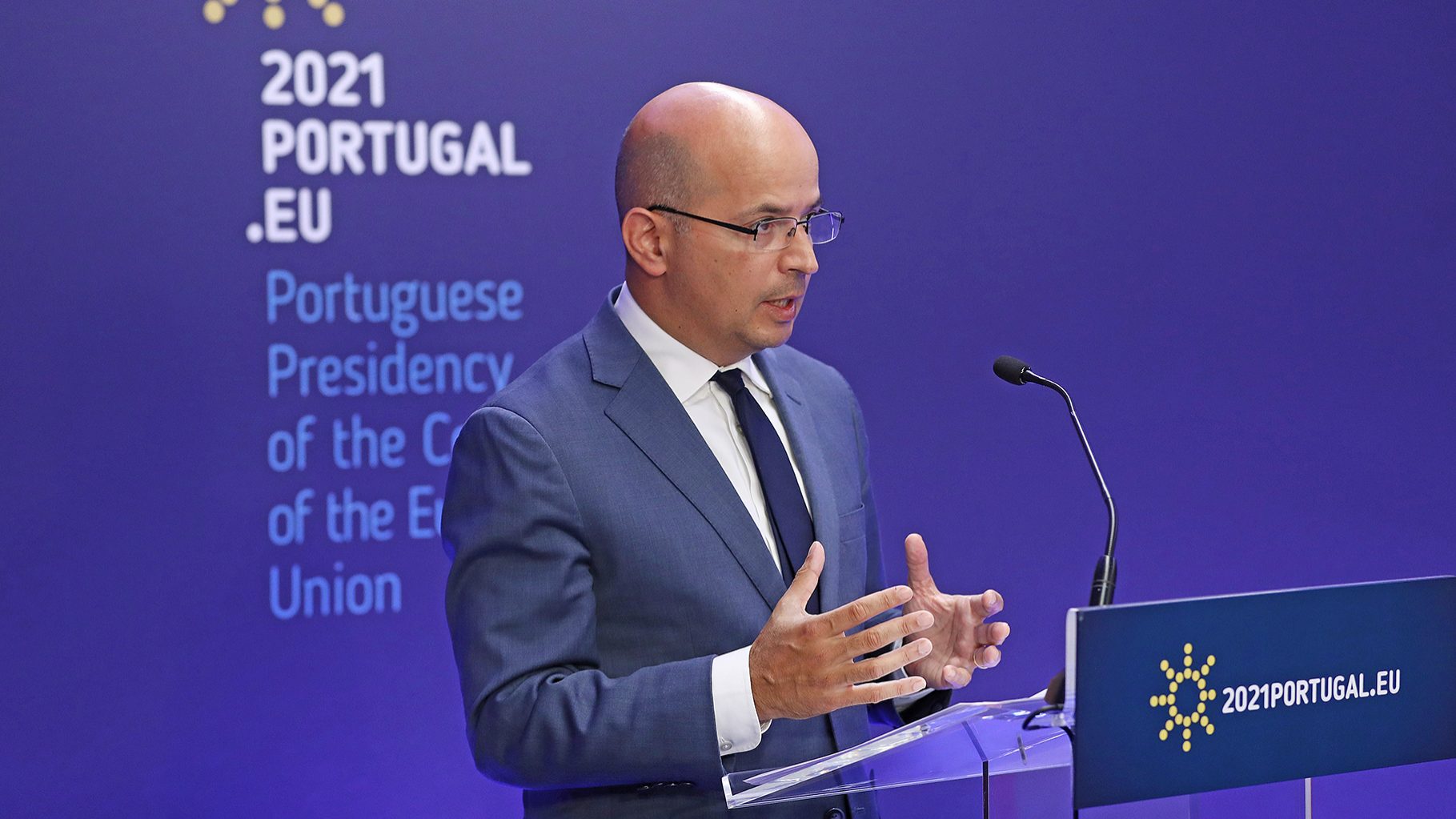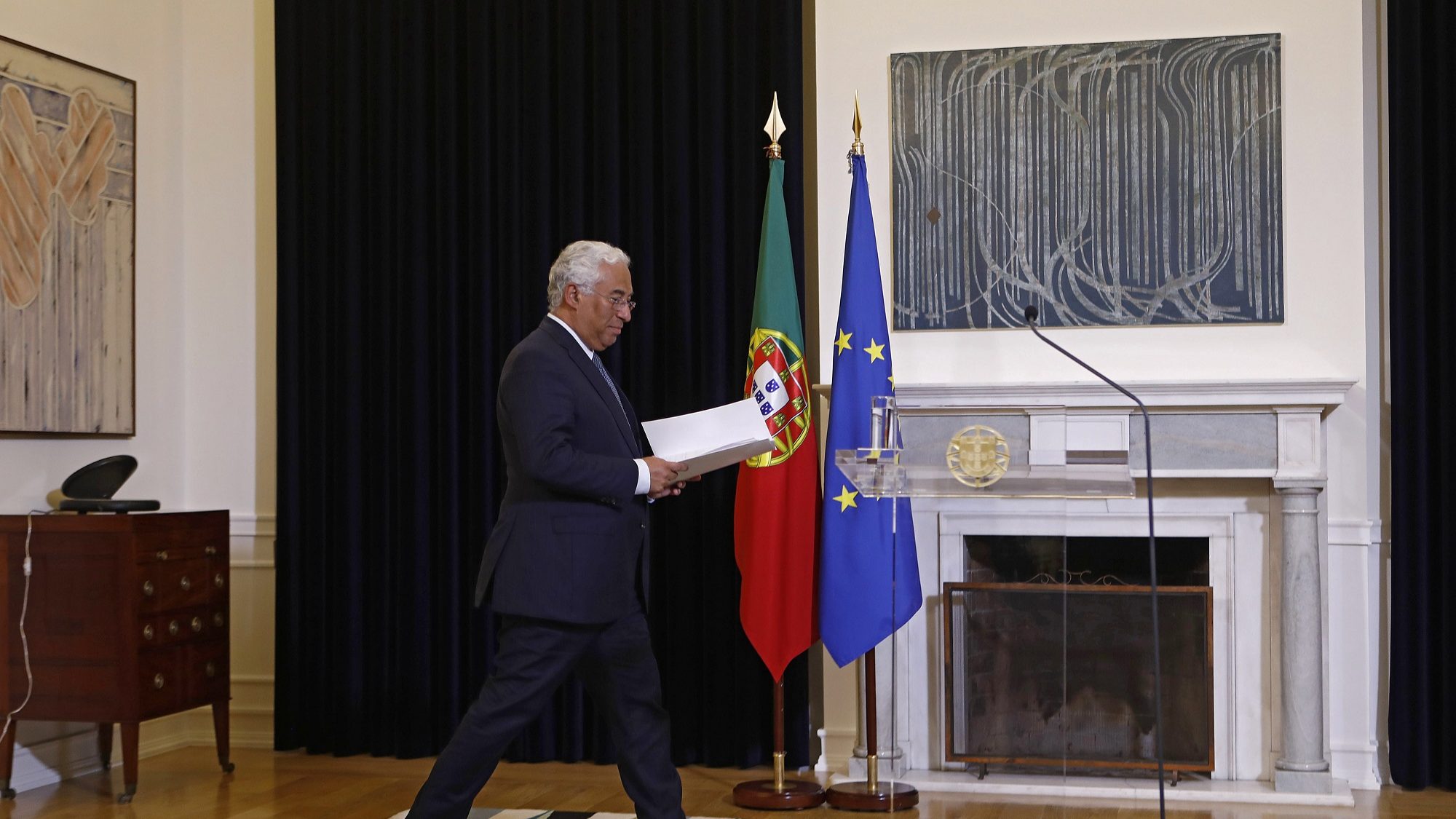Portugal wants 12 recovery plan packages approved by EU by end of June
The Portuguese presidency of the Council of the EU also estimates that the first funds will arrive "in early summer", in July.
The Portuguese presidency of the Council of the European Union (EU) said on Friday it expected the European Commission to approve 12 Recovery and Resilience Plans (RRP) by the end of the month, estimating that the first funds will arrive “in early summer”, in July.
“This week the first recovery plans were approved. It was with great enthusiasm that we received in Lisbon the President of the European Commission, Ursula von der Leyen, to approve the Portuguese plan. We hope that by the end of the month at least 12 RRP’s will be approved,” said Portugal’s finance minister, João Leão.
Speaking at a press conference after today’s meeting of EU finance ministers, he added that he expected “the Slovenian presidency to approve the first plans in July”, which would allow member states “to receive the 13% pre-financing at the beginning of the summer”.
Portugal, which was the first member state to formally deliver its RRP to Brussels, was also the first to receive the backing of the European Commission on Wednesday, at a time when the country is presiding over the Council of the EU and Portugal’s ambition was that it would be possible for the first plans to be adopted by the 27 during its presidency, by the end of June.
However, this will no longer be possible, and the task will fall to the Slovenian presidency of the EU in the second half of this year.
The Portuguese RRP foresees projects worth 16.6 billion euros, of which 13.9 billion euros are non-repayable grants.
The package of the first RRP approved this week by the European Commission also includes the plans of Spain, Greece, Denmark and Luxembourg.
After approval by Brussels, the Council has another four weeks to approve the plans by a qualified majority, in an endorsement that must be given in Ecofin.
After the Commission and the Council approve the planned reforms and investments, there is an initial disbursement of 13%.
“We are very close to bringing the plans to the real economy and this is a fundamental step to consolidate the recovery,” noted João Leão.
“Despite the challenges, there has been progressing at various levels”.
“And it is with great satisfaction that we pass the portfolio [to the Slovenian presidency] at a time when the economic recovery is already underway and we have very positive economic prospects for the second half of the year,” he concluded, recalling the implementation of the Recovery and Resilience Mechanism during this first semester and the recent joint EU debt issue to finance the recovery programme.
“It was a success and demonstrated the confidence of investors in the European solution,” concluded João Leão.
To finance the recovery, the European Commission will borrow on behalf of the EU in the capital markets up to €750 billion at 2018 prices – around €800 billion at current prices – translating into around €150 billion per year on average between mid-2021 and 2026, making the EU a major issuer.
On Tuesday, the European Commission launched what it called the “largest-ever institutional bond issue” in the EU, with a 10-year issue, trading at interest rates of less than 0.1%, raising €20 billion on the markets in the first transaction to raise finance for the post-pandemic recovery.
The funds will finance the Recovery and Resilience Facility, valued at €672.5 billion (at 2018 prices) and a central element of the “Next Generation EU”, the €750 billion fund approved by EU leaders in July 2020 for the EU’s economic recovery from the crisis caused by the Covid-19 pandemic.


